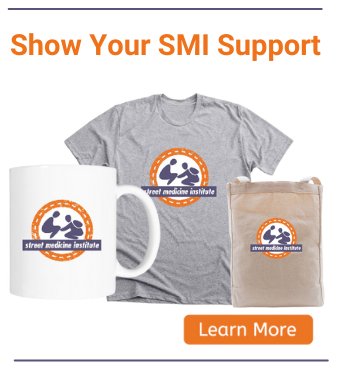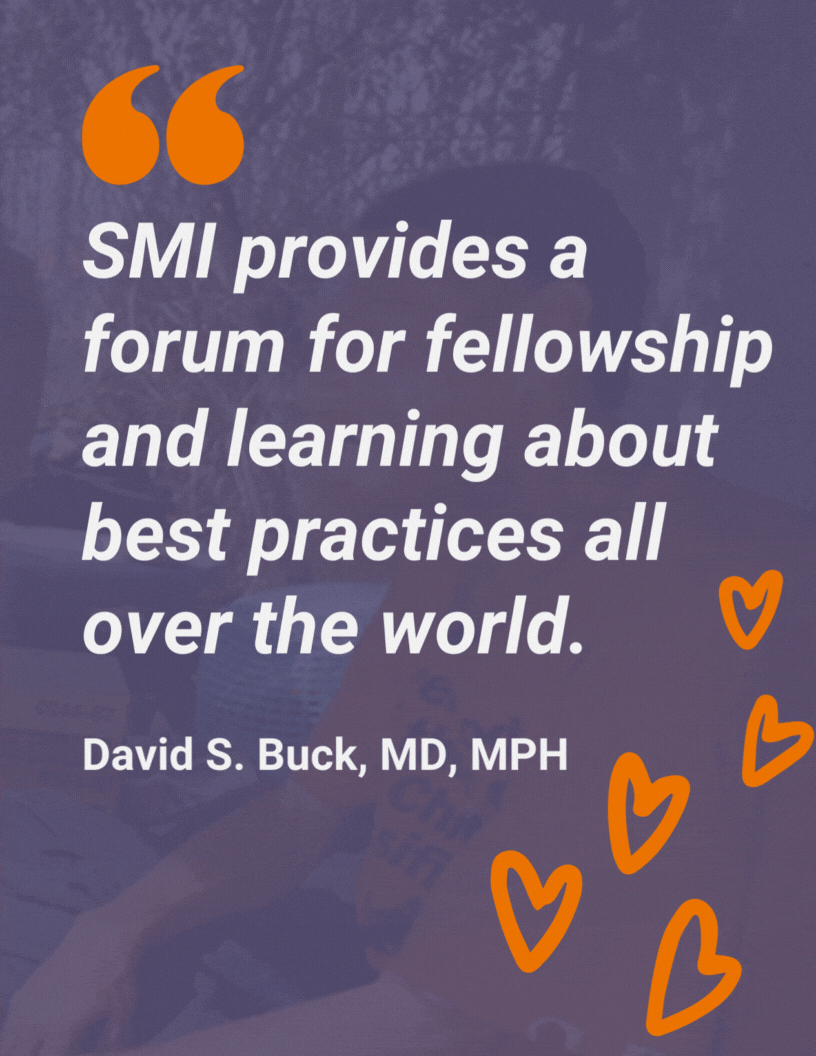Here are 18 things we learned from #ISMS18, by the Street Medicine Institute Student Coalition.
(It should be noted that we attribute quotes and ideas to specific presenters by our best memory, when possible.)
- 30% of indigenous people in Canada are functionally homeless
- The Canadian Health Act unified 13 provincial insurance plans
- In Canada's health care system, “everyone is in” for doctors and hospitals: meaning there are no copays, but antibiotics are not covered, and you must purchase a drug plan
- Indigenous people have a 10-20% shorter life expectancy in Canada. This is not due to geography, it's due to racism - Cheryllee Bourgeois, Exemption Métis Midwife, Auntie Dr. Suzanne Shoush, Call Auntie Clinic (Toronto, Ontario)
- Birth is the highest ceremony among the Indigenous community in Tkarōn:to - Cheryllee Bourgeois, Exemption Métis Midwife, Auntie Dr. Suzanne Shoush
- Sweat lodge is a spiritual/community practice which the Call Auntie program is using as a form of engagement - Cheryllee Bourgeois, Exemption Métis Midwife, Auntie Dr. Suzanne Shoush
- “The cure to burnout is purpose” - Dr. Danielle Martin
- “The secret sauce was not the doctors or nurses but the peer workers”
- “When we use stigmatizing labels, it emphasizes the gap between us and them, when we should be trying to reduce the gap between us and them” - Michael Jellison, Street Team Recovery Coach at Boston Health Care for the Homeless
- “What I would like to see is that paper [papers that use stigmatizing language] not pass peer review if they use stigmatizing language” -Michael Jellison, Street Team Recovery Coach at Boston Health Care for the Homeless
- We cannot disentangle the hospital bed crisis from the housing and homelessness crisis”
- “Everyone wants to point a finger at someone else who is responsible for closing the gaps of our healthcare system. Street medicine is about turning that finger inward and doing something.” -Dr. James Miller
- “The universal declaration of human rights declares housing that is peaceful, secure and dignified as a human right” - Keynote speaker: Kaitlyn Schwann
- “Don't just do something, sit there.” A play on words about how important it is to sit in solidarity with those we work with. - Dr. Denise Kohl
- We need to step off our pedestal of social capital gained from the work we do. This includes eliminating words like ‘a voice for the voiceless’. When we dehumanize in this way, we dehumanize ourselves. Give those we work with a seat at the table - learn from them - and confess with radical solidarity when we ourselves become the dehumanizer.
- The terminology we use regarding our patients is important in shaping how we think about them. Although it can seem like semantics, using negative terms such as “noncompliant” or “substance abuser” promotes labels and effects how we perceive our patients, and have been shown to be widespread and common in regular practice. This is especially relevant for persons experiencing homelessness.
- The United Nations’ stance on human rights and housing is definitely something to look into as a source of inspiration and support to draw from when addressing the issues we experience day-to-day. Knowing that can help us remain confident in striding forward with international support at our back!
- Lastly, we learned so much from our student track presenters! Check out the 3 videos below that we were able to capture from our #ISMS18 student track:
- Street Medicine Detroit, Wayne State University School of Medicine: Roxanne Ilagan, MD Candidate; Trishya Srinivasan, MD Candidate; Nedda Elewa, MD
- Chicago Street Medicine, University of Chicago Pritzker School of Medicine: William Phillips, MD Candidate and Hagerah Malik, MD Candidate
- Bobcat Community Health Alliance, Frank H. Netter MD School of Medicine at Quinnipiac: Megan Leubner, MD Candidate; Josiah Douglas
We regret that there was an issue with the recording from Street Medicine Phoenix of the University of Arizona College of Medicine (Phoenix, AZ). They gave a wonderful presentation entitled “A 12-discipline Interprofessional Model of Street Medicine”!


